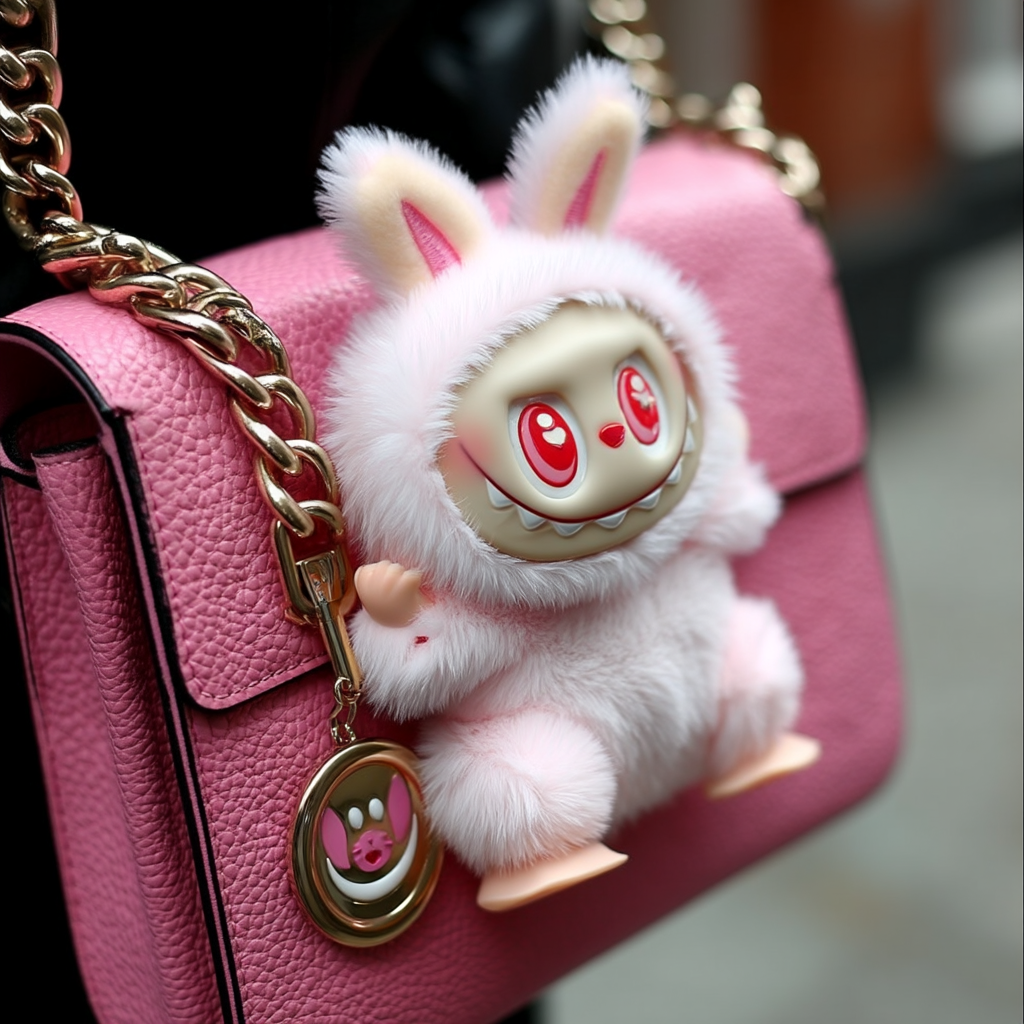In the world of music, Lil Nas X is no stranger to stirring up controversy. In his latest endeavor alone, the release of his single “J Christ,” is no exception. The rapper, famous for hits like “Old Town Road” and “Montero (Call Me By Your Name),” has taken a step into what he calls his “Christian era.” However, this new era of his has stirred up millions of online reactions, with critics questioning his use of religious imagery and accusing him of creating controversies for attention.
As the Friday release date of “J Christ” unfolded, Lil Nas X had engaged in various online stunts, trolling his fans and critics alike. From posting a video of himself dressed as Jesus while taking shots, to making claims about being blackballed by the music industry, the rapper left no stone unturned to create a buzz. Some criticized him for appropriating religious symbols, while others argued that he was orchestrating the controversies as a marketing strategy.
The rapper’s marketing strategy involved evoking Christian imagery in the promotion of “J Christ.” He shared cover art depicting himself on the cross and claimed that the music video would premiere in churches. In a TikTok video, Lil Nas X dressed as Jesus, taking shots of red wine and eating communion wafers.
However, his online critiques took a crazy turn, including a false assertion that he would attend Liberty University for Biblical studies. Quick fact-checking revealed a fake acceptance letter signed by the university’s deceased former president. The rapper also targeted his label and the music industry, claiming to go independent after a dispute with Columbia Records, despite the label actively promoting his new single on social media.
Critics, including Social Media influencer Andrew Tate and Twitch streamer Kai Cenat, expressed disapproval of Lil Nas X’s marketing tactics. Conservative commentator Brett Cooper accused the rapper of disrespecting Christianity, sparking backlash from users on Christian TikTok who expressed their disappointment.
Not everyone was convinced by Lil Nas X’s “Christian era,” with skeptics, including Candace Owens, who dismissed it as a stunt for marketing purposes.
Despite the criticism, Lil Nas X insisted that not everything is a troll and criticized those who view his actions as ‘mere gimmicks’. The rapper’s controversial marketing approach has undeniably created significant social media engagement.
Looking closer into Lil Nas X’s use of religious imagery, it is obvious that he draws inspiration from art history. The cover art depicting him on the cross is a reference to Renaissance-era depictions of Jesus Christ’s crucifixion, challenging the notion of accurate representations. Lil Nas X reproduces these images not as mockery but as an expression of appreciation for Renaissance art. Drawing parallels to other artists, such as Madonna, Kanye West, and Tupac, who have incorporated religious symbols into their work, he emphasizes that he is part of a broader tradition rather than an isolated provocateur.
A crucial aspect of understanding Lil Nas X’s approach lies in recognizing the controversy surrounding depictions of Christ throughout history. Renaissance works, commissioned by the Roman Catholic Church centuries after the events they portray, have sparked endless debates, and in some traditions, outright bans. Lil Nas X’s use of these images is a commentary on the intersection of art, religion, and culture.
While some argue that the rapper approaches religious symbols for shock value, he contends that his intentions go beyond trolling. By portraying himself in reproductions of well-known art pieces, he aims to contribute to a larger conversation about the evolving nature of artistic expression, even when it involves religious themes.
Lil Nas X is not the first artist to face backlash for incorporating classical Renaissance interpretations of Biblical stories. The negative reaction he receives may stem from a combination of his reputation as a troll and society’s struggle to accept queerness. Homophobia, like the Renaissance images he appropriates, is not intrinsic to Christianity but rather a societal issue that needs addressing.
As Lil Nas X’s “J Christ” is taking center stage, the rapper’s artistic expression invites reflection on the intersections of art, religion, and identity. In a world where the line between art and provocation is often blurred, Lil Nas X always remains unapologetic in his pursuit of creative expression.
Whether you see it as a provocative marketing strategy or a genuine exploration of cultural themes, the controversy surrounding Lil Nas X’s latest venture is extremely powerful. One thing is certain – whether it’s through controversy or artistic exploration, Lil Nas X will undoubtedly leave a mark on the industry.













